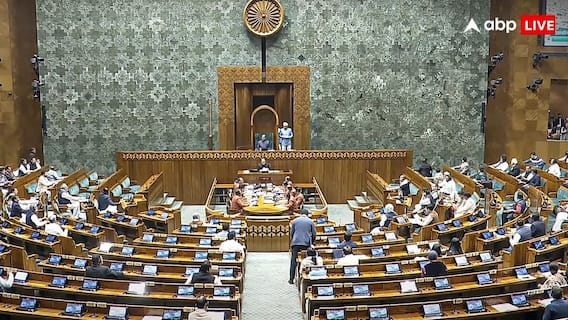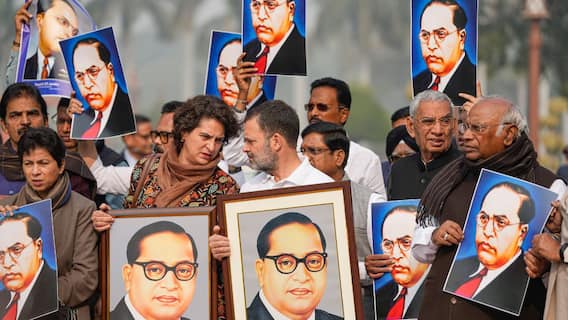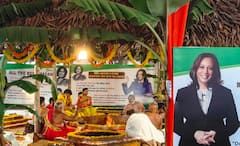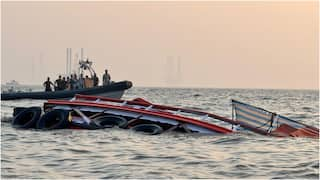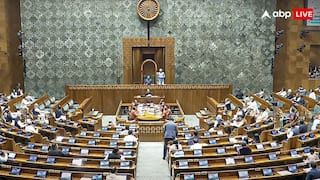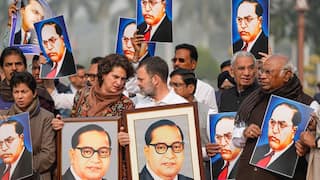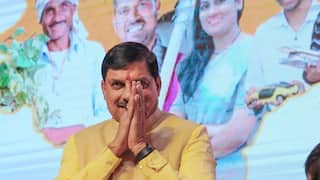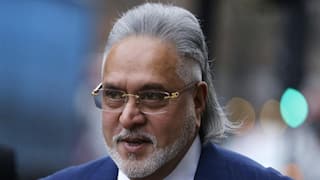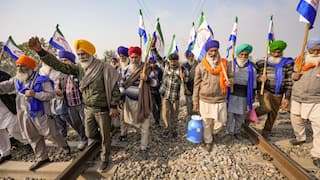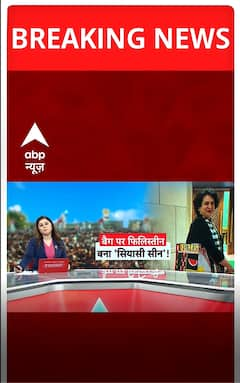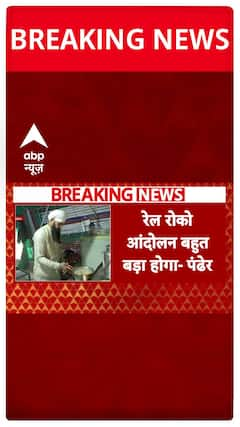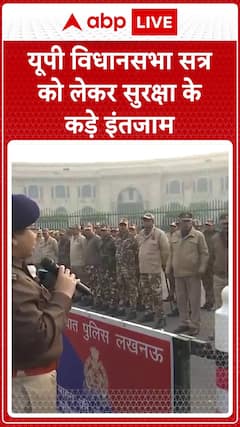‘Wanted Good Relations With India, Opposed Kargil Plan’: Nawaz Sharif On His Ouster As Pak PM
Sharif reiterated his call for accountability of former military generals and judges, holding them responsible for the country's decline after the ousting of his government in 2017.

Former Pakistani Prime Minister Nawaz Sharif asserted on Saturday that his premature removal from office in 1999 by (late) Gen Pervez Musharraf was a consequence of his opposition to the Kargil misadventure. Speaking to party ticket aspirants for upcoming polls, Sharif sought an explanation for his dismissals in 1993 and 1999, highlighting that his dissent on the Kargil plan, proven right later, led to his ouster.
"I want to know why I was ousted every time," Sharif questioned, emphasising his commitment to governance during his three terms as prime minister, news agency PTI reported.
Discussing diplomatic achievements during his tenure, Sharif pointed out that two Indian prime ministers, Modi and Vajpayee, visited Pakistan, according to the report. He underscored the need to strengthen relations with India, Afghanistan, Iran, and China, expressing regret over Pakistan's economic lag behind its neighbours.
In criticism of the Pakistan Tehreek-e-Insaf (PTI) government led by jailed former chairman Imran Khan, Sharif attributed economic challenges to Khan's administration and credited his brother Shehbaz Sharif's government for stabilizing the country in April 2022.
Sharif reiterated his call for accountability of former military generals and judges, holding them responsible for the country's decline after the ousting of his government in 2017. He said that there was a need to hold those accountable who, according to him, caused economic distress and fabricated cases against him and his party, as per the PTI report.
On the subject of his return to Pakistan after four years of self-imposed exile, Sharif hinted at potential legal action against key figures, including former army chief Gen Qamar Javed Bajwa, former ISI head Lt-Gen Faiz Hamid, and former chief justices Saqib Nisar and Asif Saeed Khosa, whom he accused of orchestrating his government's downfall.
As part of his preparations for the February 8 general elections next year, Sharif continues daily meetings to finalize party tickets.
Trending News
Top Headlines






